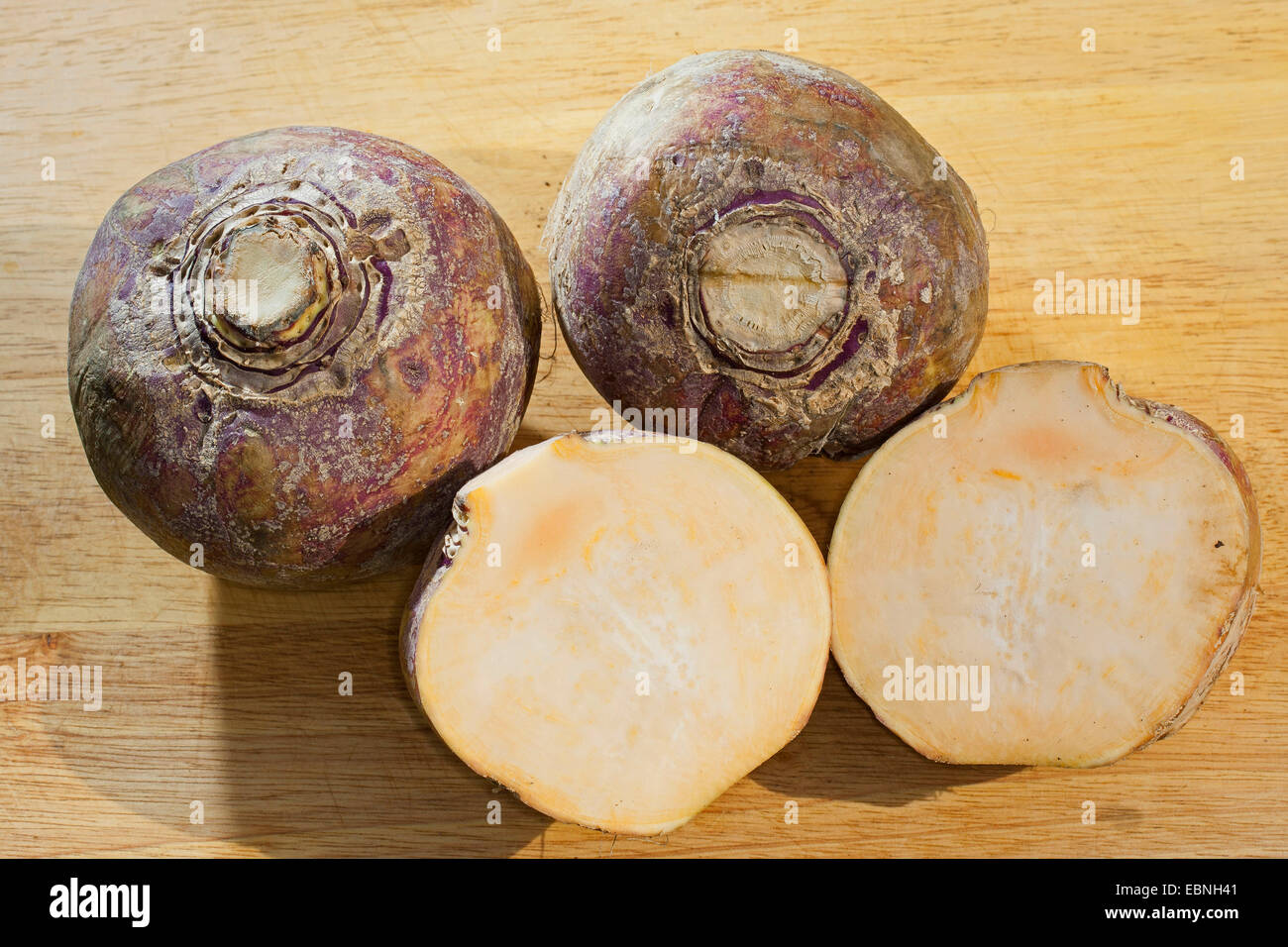
7 Health and Nutrition Benefits of Rutabagas
Rutabagas, also known as Swedes or yellow turnips, are root vegetables that belong to the Brassica genus, which includes cabbage, broccoli, and kale. While they may not be as commonly consumed as other vegetables, rutabagas offer an array of health and nutritional benefits that make them a valuable addition to any diet. In this comprehensive guide, we’ll explore seven compelling reasons to incorporate rutabagas into your meals, from their rich nutrient content to their potential health-promoting properties.
Nutrient-Rich Profile
Rutabagas are packed with essential vitamins, minerals, and dietary fiber, making them a nutrient-dense addition to your diet. They are particularly high in vitamin C, providing over half of the recommended daily intake in just one cup of cooked rutabaga. Additionally, rutabagas contain significant amounts of vitamin A, potassium, manganese, and folate, all of which play essential roles in supporting overall health and well-being.
High in Dietary Fiber
Dietary fiber is crucial for digestive health, heart health, and weight management, and rutabagas are an excellent source of this important nutrient. Just one cup of cooked rutabaga provides approximately 4 grams of dietary fiber, which can help promote regular bowel movements, prevent constipation, and support a healthy gut microbiome. Including rutabagas in your diet can contribute to your daily fiber intake and help you meet your nutritional needs.
Antioxidant Properties
Rutabagas are rich in antioxidants, including vitamin C and various phytonutrients such as glucosinolates and carotenoids. These antioxidants help neutralize harmful free radicals in the body, reduce inflammation, and protect cells from oxidative damage. Consuming a diet high in antioxidant-rich foods like rutabagas may help reduce the risk of chronic diseases such as heart disease, cancer, and diabetes.
Supports Immune Function
Vitamin C is well-known for its role in supporting immune function and protecting against infections and illnesses. Rutabagas are an excellent source of vitamin C, which helps stimulate the production of white blood cells, enhance the function of the immune system, and promote faster healing and recovery from illness. Including rutabagas in your diet during cold and flu season can help strengthen your immune system and keep you feeling healthy and vibrant.
Promotes Heart Health
The high fiber and potassium content of rutabagas make them beneficial for heart health. Dietary fiber helps lower cholesterol levels, regulate blood sugar levels, and reduce the risk of heart disease, while potassium helps lower blood pressure and maintain a healthy cardiovascular system. Including rutabagas in a heart-healthy diet rich in fruits, vegetables, whole grains, and lean proteins can help reduce the risk of heart disease and support overall cardiovascular health.
Supports Bone Health
Rutabagas are a good source of several minerals that are essential for bone health, including calcium, magnesium, and manganese. These minerals play a crucial role in bone formation, density, and strength, helping prevent osteoporosis and reduce the risk of fractures and bone-related conditions. Consuming rutabagas as part of a balanced diet can contribute to your overall bone health and help maintain strong and healthy bones as you age.
Versatile and Delicious
In addition to their health benefits, rutabagas are versatile and delicious vegetables that can be enjoyed in a variety of culinary applications. They have a slightly sweet and earthy flavor with a firm texture, making them suitable for roasting, boiling, mashing, or adding to soups, stews, and casseroles. Rutabagas can also be grated or spiralized and used as a low-carb alternative to potatoes or pasta, providing a nutritious and flavorful addition to your meals.
Incorporating Rutabagas Into Your Diet
There are numerous ways to incorporate rutabagas into your diet to reap their health and nutritional benefits. Here are some ideas to get you started:
- Roasted Rutabagas: Toss cubed rutabagas with olive oil, salt, and pepper, then roast them in the oven until golden and caramelized for a delicious side dish.
- Rutabaga Mash: Boil rutabaga chunks until tender, then mash them with butter, garlic, and herbs for a creamy and flavorful alternative to mashed potatoes.
- Rutabaga Fries: Cut rutabagas into sticks, toss them with seasonings, and bake them in the oven until crispy for a nutritious and satisfying snack or side dish.
- Rutabaga Soup: Add diced rutabagas to soups, stews, or chowders for added flavor, texture, and nutrition.
- Rutabaga Salad: Shred or spiralize rutabagas and toss them with your favorite salad ingredients, such as leafy greens, vegetables, nuts, and vinaigrette, for a refreshing and nutrient-rich salad option.
Conclusion
Rutabagas are nutrient-dense vegetables that offer a wide range of health and nutritional benefits. From their high vitamin and mineral content to their antioxidant properties and versatile culinary applications, rutabagas are a valuable addition to any diet. Whether roasted, mashed, baked, or added to soups and salads, rutabagas can enhance the flavor and nutritional value of your meals while promoting overall health and well-being. Consider incorporating rutabagas into your diet today to experience their delicious taste and numerous health benefits firsthand.
- Benefits of Bladderwrack Supplements - April 2, 2024
- Benefits of Black Walnut Supplements - April 2, 2024
- Benefits of Black Haw Supplements - April 2, 2024